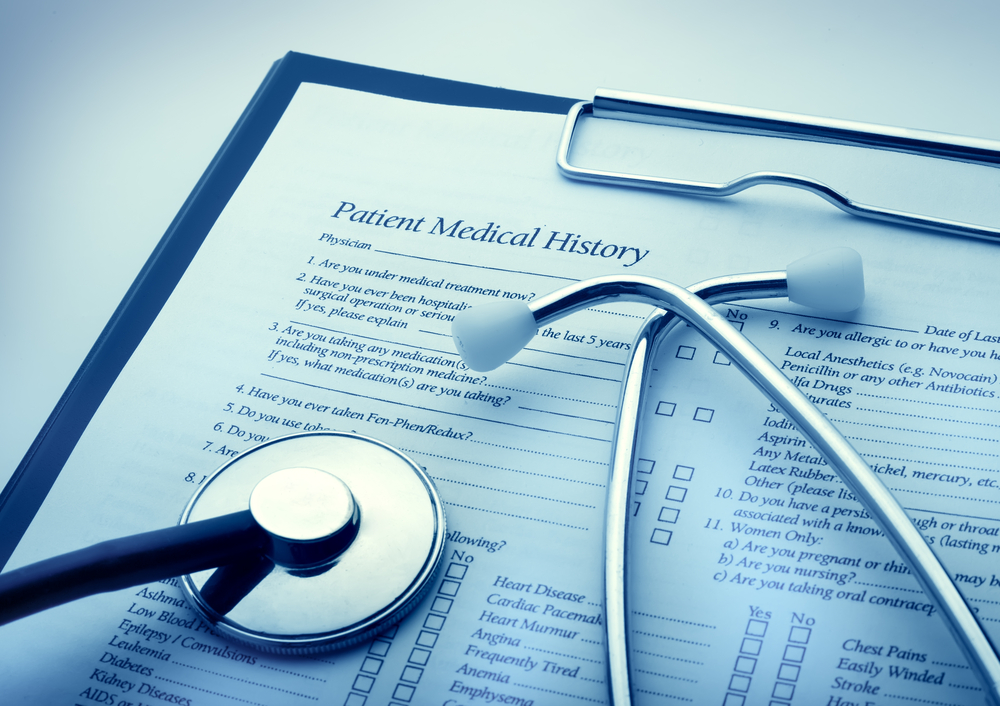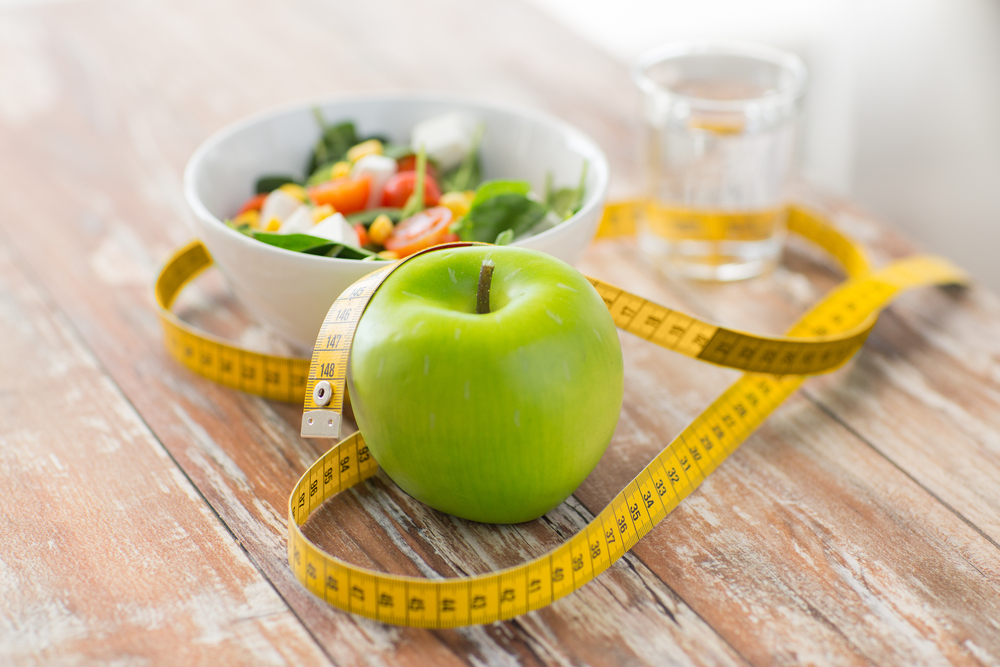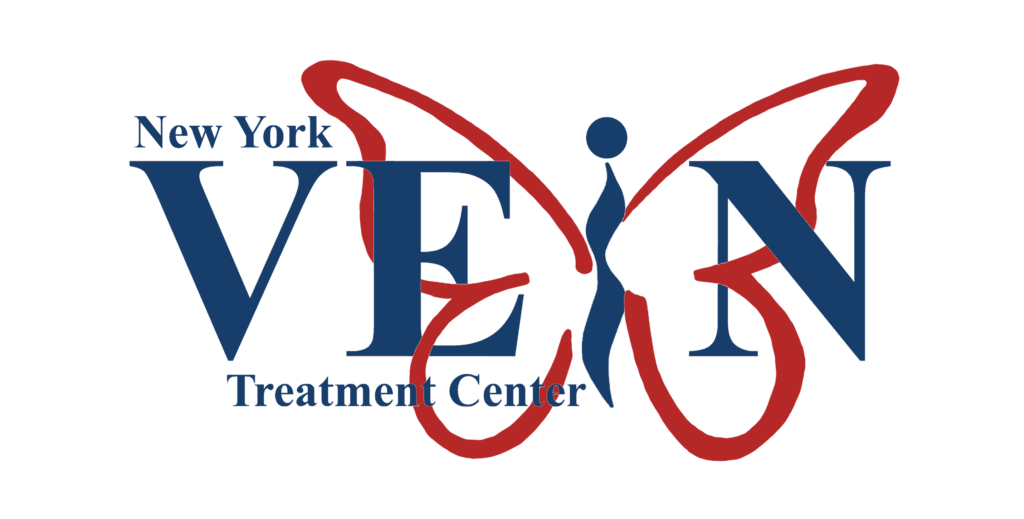Varicose veins – those enlarged, gnarled veins on the legs and feet that can be uncomfortable and unsightly – affect as many as 40 million Americans. Your veins have one-way valves that circulate blood to the heart, and weakened or damaged valves and walls can cause the blood to back up and pool in the veins, resulting in swelling and varicose veins. While varicose veins are not 100% preventable, there are several things you can do to reduce your risk of developing them.
Know your risk factors
The first step of preventing varicose veins is knowing your risk factors. Things like medical history, age, biological sex, and obesity make some people more prone to developing varicose veins than others. If you have multiple risk factors, you should consult one of the leading varicose veins doctors in NYC to learn how you can mitigate your risk. Here are some of the factors that can increase your risk for varicose veins:

1. Medical History – If someone in your immediate family has varicose veins, you have a greater chance of developing them. Approximately half of the people with varicose veins have a family member who has them too. People born with weaker vessel valves or who have had previous trauma or injuries, including blood clots, also have a higher risk.
2. Biological Sex – While varicose veins affect both men and women, women have a higher risk of developing them. According to gov, about 55 percent of women in the U.S. suffer from some type of vein problem, compared to 40 to 45 percent of men. The hormonal changes women experience during puberty, pregnancy and menopause may be the reason for this higher percentage.
3.Age – Though varicose veins can affect anyone, your risk increases with age. As you age, your veins begin to lose some of their elasticity, and your vessel valves may function less efficiently. It’s estimated that about half of Americans aged 50 and older have varicose veins.
4. Lack of movement – Sitting or standing still for long periods of time puts extra pressure on your veins and increases your risk of developing varicose veins.
5.Obesity – Being overweight or obese can put extra pressure on your veins and lead to the development of varicose veins.
Avoid prolong standing or sitting
Standing or sitting in one place for an extended period of time amplifies venous pressure in the legs and feet. This intensified pressure will weaken the vessel walls overtime, which will aggravate existing varicose veins and cause new ones to develop. Many jobs, such as retail workers, nurses and jobs in office settings, require you to stand or sit for long periods. If this is the case, be sure to move around and stretch every so often to increase the circulation in your legs.
Maintain a healthy weight
As previously described, being overweight or obese can increase your risk of varicose veins. The extra weight can put excessive pressure on your veins and circulatory system, leading to varicose veins. If you are overweight, talk to your doctor about a diet and exercise plan that will help you lose weight.
Eat well and exercise
Eating healthy and exercising regularly can reduce your risk of developing varicose veins. Avoid foods that are high in calories and sodium and low in nutrition content. Instead, eat a diet that’s nutrient rich and high in fiber. Along with helping reduce your risk for varicose veins, a healthy fiber rich diet can help lower your cholesterol and blood pressure. It’s also important to exercise regularly. Cardio exercises, such as walking, jogging and running, can improve circulation in the legs, lower your blood pressure and strengthen your circulatory system.

Quit smoking
Smoking can lead to a number of health problems, including varicose veins. Smoking is associated high blood pressure, which can contribute to varicose veins. It’s also linked to venous insufficiency of the lower extremities, of which varicose veins is a common symptom.
Avoid certain birth control pills
Prolonged use of birth control pills with high levels of estrogen or progesterone may put you at higher risk for varicose veins. Long-term use of these pills can weaken your vessel valves and affect the blood circulation in your legs. Birth control options containing lower levels of estrogen are less likely to cause varicose veins. Talk to your doctor about which birth control option is right for you.
Wear compression stockings
Compression stockings elevate pressure on your legs and can help people who are developing varicose veins and inhibit existing varicose veins from worsening. They are available in various compressions and should provide firm compression without feeling too tight.
To learn more about varicose veins prevention and treatment options, contact the New York Vein Treatment Center. Dr. Khitin is one of the best varicose veins doctors in NYC and can provide you with the treatment and medical advice you need to ward off varicose veins.

Dr. Lev Mark Khitin, a leading cardiovascular and thoracic surgeon, is the founder of the New York Vein Treatment Center. With almost 20 years of experience and over 20,000 successful vein procedures, he is a renowned expert in the diagnosis and treatment of venous disease. Dr. Khitin’s patient-centered approach and advanced surgical skills have consistently delivered excellent results, making him a prominent figure in the field.

